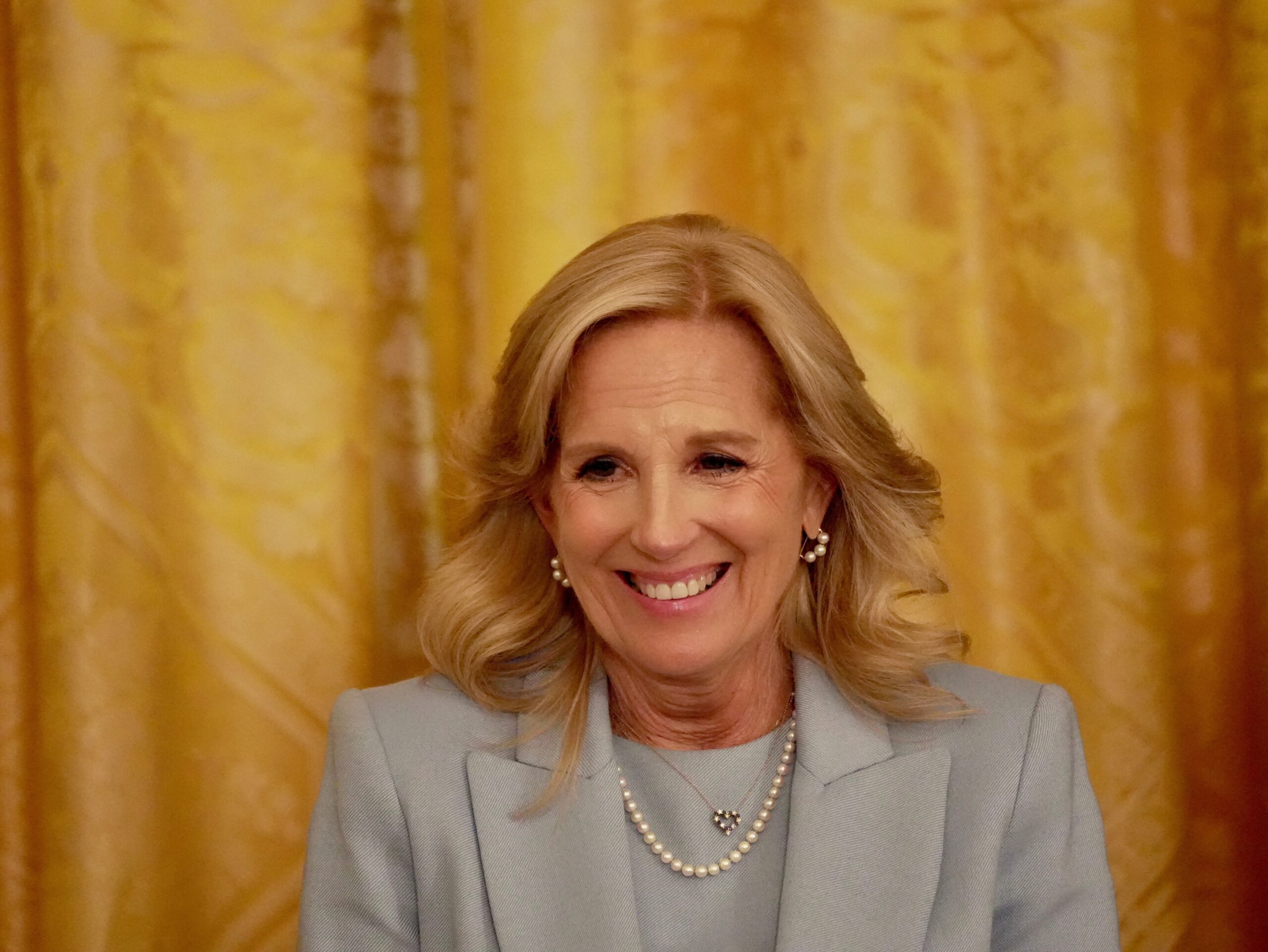Listen To Story Above
In a notable shift, Corporate America is steadily moving away from DEI and ESG initiatives, marking a profound change in business culture. This retreat from previously embraced progressive practices signals a broader transformation in how companies approach social responsibility and workplace diversity.
Initially, DEI emerged as a corporate strategy to enhance workplace representation and create more inclusive environments, while ESG frameworks guided companies toward environmentally conscious and socially responsible practices. However, these initiatives now face mounting resistance from various quarters.
DEI died on November 5th… It is being replaced by MEI, "Merit, Excellence, and Intelligence."
About time!! pic.twitter.com/zuUDNjdnpF
— David J Harris Jr (@DavidJHarrisJr) November 26, 2024
Recent developments show growing opposition to corporate policies that appear to emphasize social agendas over business performance and consumer interests. Skeptics contend that these programs often produce limited tangible results while creating operational challenges and potential discord among workforce members and customers. This resistance has intensified with several states implementing measures to counter DEI programs in public institutions and challenge ESG investment approaches.
The corporate response to this cultural transformation reveals the complex balance between social initiatives and business imperatives. Companies face increasing pressure to navigate economic challenges and potential legal issues while maintaining relationships with diverse customer segments. While some organizations remain committed to these principles, others are adjusting their approaches to avoid controversy and respond to changing market dynamics.
NEW: The University of Austin is now emphasizing “MEI” – merit, excellence and intelligence – instead of “DEI.”
— Eric Daugherty (@EricLDaugh) November 25, 2024
This widespread rejection of DEI and ESG practices highlights the ongoing tension between social movements and business objectives, demonstrating the evolving nature of corporate engagement with societal values.






